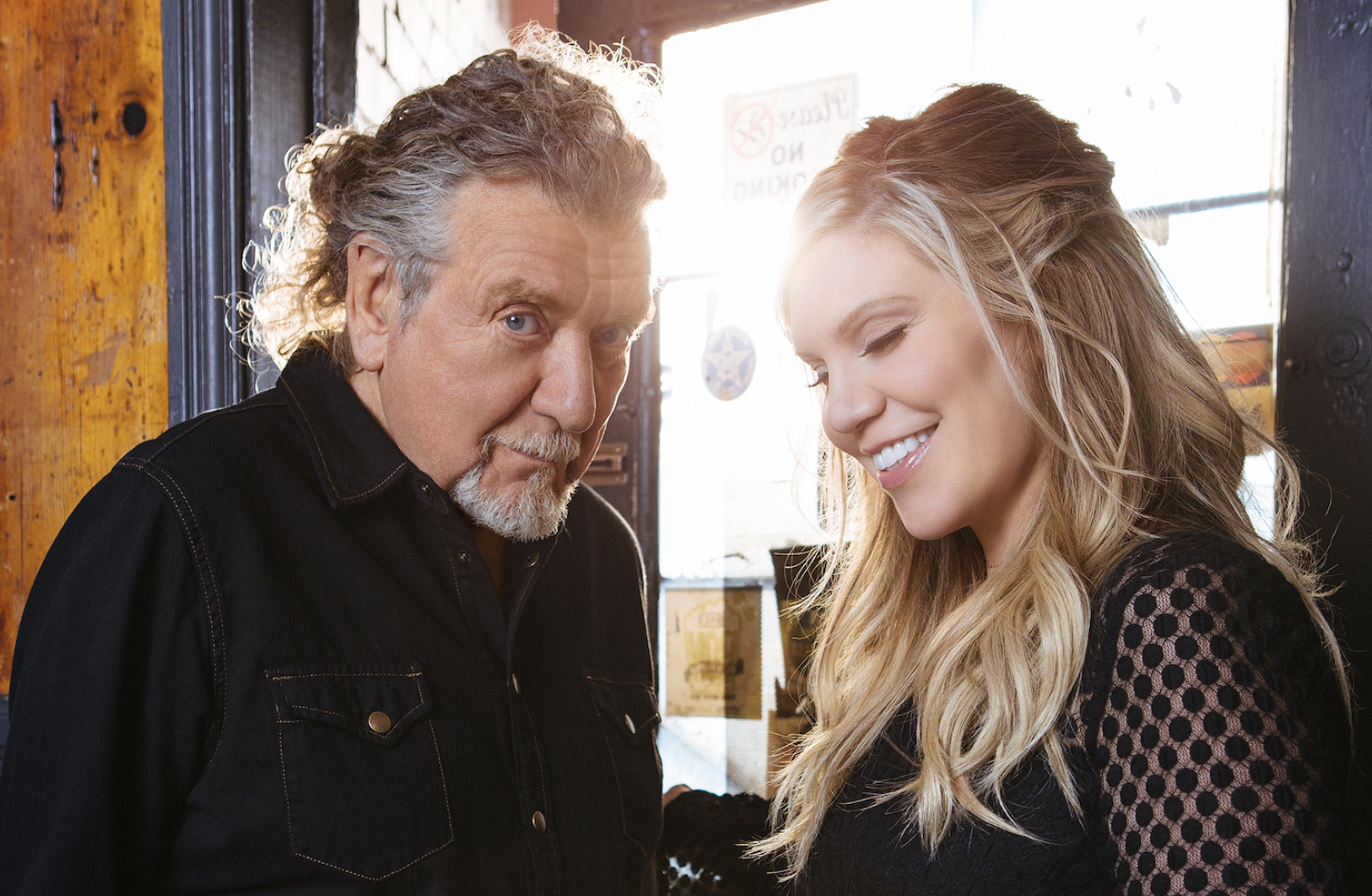NEW RELEASE
My Back Was a Bridge for You to Cross by Anohni and the Johnsons

The album cover features trans icon Marsha P. Johnson after whom Anonhi named her band in the 90s (Alvin Baltrop photo)
CONTENTS- PLAYLISTS on YouTube and Spotify
- INTERVIEWS
Vogue Magazine: On Her Transcendent New Album, Anohni Finds New Ways to Be Hopeful
New York Times: Anohni Isn’t Afraid of the Darkness
The Guardian: Anohni on anger, empathy and trans rights: ‘The UK is one of the most misogynist countries in the world’ - REVIEWS
Pitchfork, AllMusic, The Guardian

ANOHNI: A WORK OF ART IN PROGRESS
Soulful sounds and pointed political discontent
Anohni’s almost 30-year career as a multi-disciplinary artist and music maker has been a work of art in progress. On her soulful new album, My Back Was a Bridge for You to Cross, she invites us to witness her ongoing evolution of self and political expression. The new record surprises with musically accessible retro-soul sounds set against frank lyrics that lay bare personal grief, the sharp edge of transphobia and destruction of the planet.
The constant in her recordings is the familiar and affecting multi-octave vibrato which underlines the passion and sometimes understated fury of her music.
“She’s a rare artist,” album producer and co-songwriter Jimmy Hogarth told the New York Times in June. Over two weeks last year, the one-time Amy Winehouse collaborator shared guitar lines while Anohni reviewed notes from a trove of lyrics written over several years. Once they identified suitable lyrics they would record immediately. The songs were often made in one take with no added effects lending the vocals warmth and spontaneity.
“She’s a transmitter and a teacher,” Hogarth added. “She’s had visceral experience through her life. The sum of her experience is her expression and these words.”
This project is her first since 2016’s searing Hopelessness and the first in 13 years to feature her original band the Johnsons. It took its name from iconic trans activist Marsha P. Johnson whose image is featured on the cover of the new release and who Anohni met shortly before her mysterious death in 1992.
An approachable sound
Hopelessness marked a brusque departure in Anohni’s sound and content. It also coincided with her publicly adopting a new name and coming out as transgender even though it was common knowledge. Moving from more personal rumination to political protest on the album, she addressed violence, climate change, drone warfare and her disappointment with the Obama administration. She chose to feature grinding electronica as the music to augment her discontent.
Anohni’s reasons for making the new album’s sound more approachable were twofold. First, she wanted to explore her voice through the blue-eyed soul music that changed her life as a young listener hearing popular 80s UK singers Alison Moyet from the band Yaz and Boy George.
“Boy George’s voice was a lifeline, and Alison Moyet’s was the same,” she told the New York Times. “I remember sitting at my grandmother’s house, staring at the radio, listening to those songs come out, and crying, and not knowing why I felt that way. It was like there was permission to feel.”
“As an 11-year-old … child to hear him singing, it changed me,” she told Vogue magazine. It changed everything: I never even thought of being a singer until I heard George singing. “It was the first time I’d heard someone and said, ‘Oh, they’re like me—that’s what I am.’ ”
“I brought that to this album as an unfinished conversation, trying to understand where I come from and what I’m made out of,” she said.
The second consideration for the changed sound is that – while she wanted to maintain the potent themes she introduced in Hopelessness – she wanted a more tender approach.
“There is a lot more forgiveness in a song like [lead single] It Must Change,” she says, “an almost impossible necessity for forgiveness that, paradoxically, we’re going to have to move through in order to resume any agency to make change”. In part, she credits this adaptation to her age. “As you get older, one’s approach does subtly shift,” she says. “And I keep circling different themes, trying to find different ways to [approach them].”
Album notes: a brief summary
The 10-songs on My Back Was a Bridge for You to Cross soundtrack a range of social issues and Anohni ackowledges Marvin Gaye’s classic 1971 album What’s Going On as an influence in both theme and music. Gaye’s groundbreaking commercial and critical success is a record of its time discussing the Vietnam war, poverty, black oppression and ecological damage.
Anohni’s recording opens with the gorgeous and powerful It Must Change. The title alone is a strong assertion and the song issues a sincere plea for reason in addressing societal and personal ills. The song opens with a warm guitar riff while its video plays a scene of California wildfires. Black trans model and activist Munroe Bergdorf stars in the piece lip syncing the lyrics. It’s a nod to Anohni’s orientation as well as the Black origins of the album’s music.
Go Ahead, the album’s second song is the only one to break musical form. What sounds like a screeching guitar is actually a recording of a lemur’s song and the singer bellowing: “You are determined to take me down / I don’t stop you / I won’t stop you / Go ahead and burn it down”.
In the visceral Scapegoat, Anohni adopts the persona of a transphobic hater who utters: “You’re so killable / Just so killable / It’s not personal / It’s just the way you were born”. In these times where right wing groups see drag queens as moral threats to the status quo, the song is both necessary and disturbing.
Both Can’t and Sliver of Ice are about the death of loved ones. Sliver of Ice was written shortly after close friend Lou Reed died in 2013 and references thoughts from his final days: “The sliver of ice on my tongue / In the day’s night / It tastes so good, it felt so right / For the first time in my life.”
It’s My Fault and Why Am I Alive Now both address the residue and range of feelings surrounding environmental collapse. In the folk sound of There Wasn’t Enough, Anohni pleads for an end to ecological warfare.
For more comprehensive reviews of My Back Was a Bridge for You to Cross check out three that start below: Pitchfork, AllMusic, and The Guardian.
Anohni: “We’re being asked to become like machines”
In the various interviews and reviews I read in the wake of her new album’s release in July, Anohni weighs in on a wide range of issues with considerable insight. She spoke with or was covered in the New York Times, Pitchfork, The Guardian, Paste magazine, Mojo, Uncut, The Observer, Rolling Stone, AllMusic and more. Here’s an excerpt from an interview with Vogue’s Liam Hess in which she addresses a world in overdrive, with little attention span while it entertains the notion that young people like Greta Thunberg will save the day:
“Most people only listen to like 15 seconds of a song at most on Instagram, and they usually take off at about six seconds,” says Anohni. “So really, what is this all about? There’s a lot of suffering that we’re all having to deal with—they’ve just degraded our ability to sit in one space and be present for a while. I can’t do it, even in a work environment. It’s just so hard, everything is just smashing at you all the time. I don’t know if you’re having that experience?”
“We’re being asked to become like machines,” she continues. “They’re rewiring us in their likeness, rather than forming around our wellness as human beings. And it’s become so extreme, it’s almost like everyone’s constantly being electrocuted. Even the most privileged people are feeling mentally electrocuted by this process. It’s just horrible.” She recalls an article she read in The Guardian about shifting baseline syndrome: Coined by the fisheries biologist Daniel Pauly, it argues that we judge the state of the natural world by our own perception of it, meaning that while we might notice it depleting, we remain perilously unaware that those initial experiences were based on a precedent of existing depletion.
“I think that process has now become so accelerated, people just accepting that their playground is a cut-down forest,” she adds. “Children are born into the normalization of an unstable climate. It’s for the old people to remember that it wasn’t always this way. And yet most old people are hoping that Greta Thunberg is going to solve this. Most people are hoping that teenagers are going to be the ones exhibiting the moral fiber necessary to make a shift. As if they hadn’t themselves once been that same age, with those same idealistic dreams for the world that they were about to enter. It’s a demented burden to place on young people, that they’re supposed to fix this problem on behalf of the elders.”

19 August 2023
REVIEWS

The Guardian
Anohni and the Johnsons: My Back Was a Bridge for You to Cross review – intense emotion and captivating soul
... three years on, here is Anohni’s album-length collaboration with the writer of James Bay’s gold-selling 2015 single If You Ever Want to Be in Love and Duffy’s Warwick Avenue. You can speculate as to the reasons – a disinclination to be pigeonholed? A desire for her serious lyricism about the climate crisis, gender and capitalism to reach as wide an audience as possible? Whatever the reason, My Back Was a Bridge for You to Cross may be the most approachable album Anohni has made since the mid-00s.
Pitchfork
After 13 years, Anohni gets the band back together for a soulful and intense record that provides a safe place to grieve nothing less than the destruction of the planet
In the years since Anohni’s crushing warning of “4 Degrees,” the global temperature has become perilously close to the point of no return. We just experienced what were likely the hottest days in recorded history. That’s to say nothing of the renewed attacks on trans people, as the few political gains made in the community are jeopardized or eroded altogether through voluminous anti-trans legislation across the U.S. and intensifying legal backlash in the UK. When the Academy of Motion Pictures failed to invite Anohni to perform her nominated song about climate change, she posted an open letter, expressing a desire to “maximize her usefulness” as an artist. But it’s hard to do that in an increasingly polarized world that’s as hostile as ever towards people like her.
AllMusic
A powerful return, My Back Was a Bridge for You to Cross reaffirms that Anohni & the Johnsons’ ability to confront the hardest issues and moments is as eloquent and relevant as ever
by Heather Phares
Anohni stepped away from her group the Johnsons to make 2016’s Hopelessness, an album that honed the activism in her music to a sharp point with bladelike electronics and lyrics delivered with the frankness of someone at her breaking point. She brings some of that directness to My Back Was a Bridge for You to Cross, her first album with the Johnsons in over a decade. Emblazoned with a portrait of gay liberation activist — and the band’s namesake — Marsha P. Johnson on its cover, the record draws on politically minded 1960s and ’70s soul, an elegant strain of protest music that meets difficult times with beauty, dignity, and humility.
PLAYLISTS
On Spotify
On YouTube
https://music.youtube.com/browse/VLPLG-pRIXeCU7eh7R7_uppgDyIYLLDiorQ2





